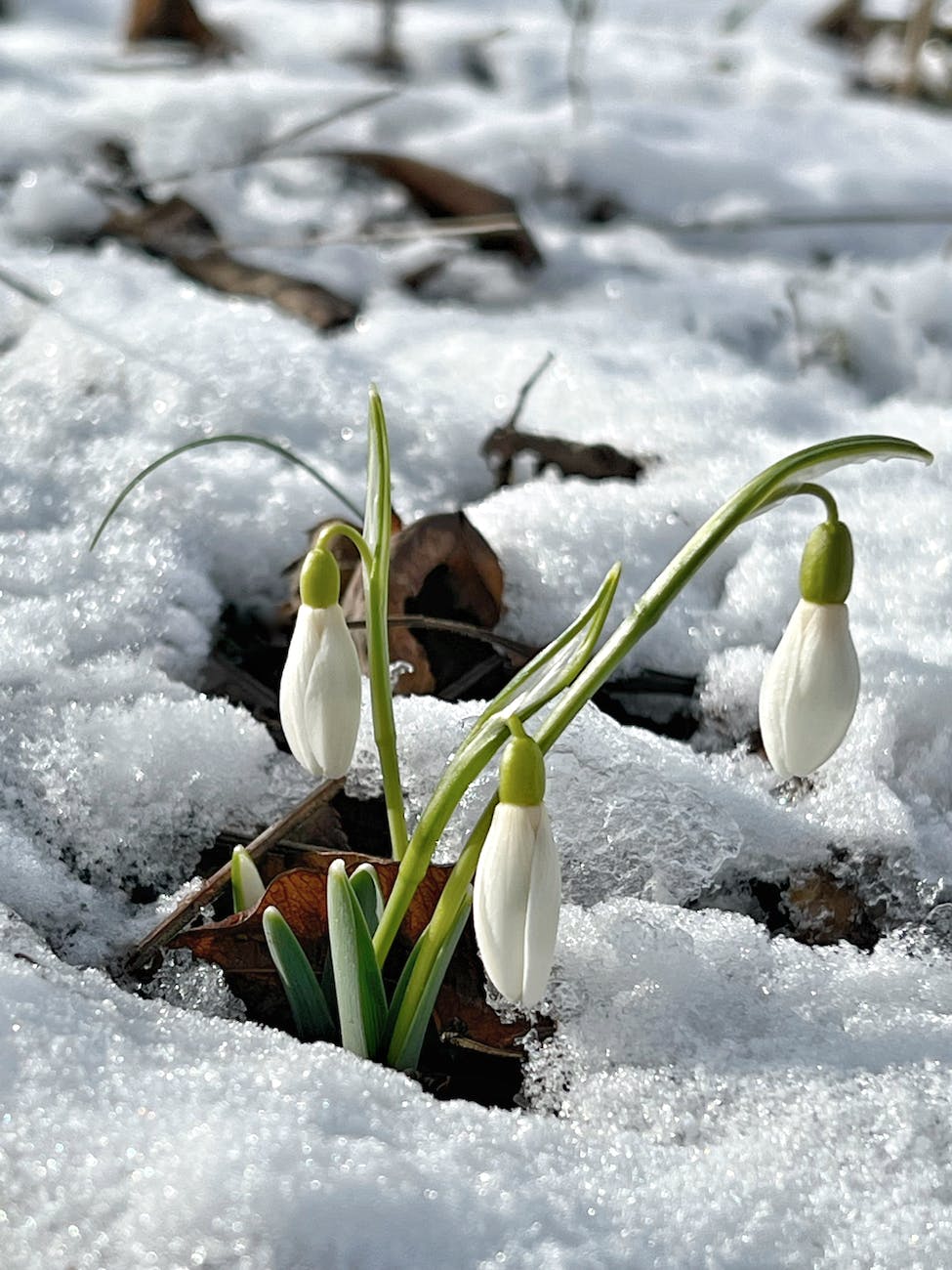To those who have submitted and have been wondering about the status of your submittal, or wrote to inquire about whether we will be publishing again, but to whom I haven’t yet had a chance to respond: thanks for your messages from these past several months. I apologize for the delay; it was unavoidable as I became very ill last March and was eventually diagnosed with a rare cancer in May. It is stage 4 and is not curable but I have been responding to treatment and in the last few weeks have had enough energy to finally try to pick up the threads of the Press. My health had been deteriorating for a long time prior to that and the prognosis is not great, but it looks as if I likely have a few years left so long as my body tolerates the medications.

Going forward, we will quite obviously be operating at a much reduced output and things will look a little different. For instance, our Bookstore will be moving to Bookshop.org – both for the convenience of customers and so I can concentrate on our obligations to our Writers. I cannot say yet when we may open submissions back up. We are still working with those whose work had been accepted before I became ill. I am committed to handling each one in turn, and that will take time.

As I figure out how this new normal works, I will post updates. You can follow this blog and get an email when that happens. Thanks again for your understanding, kind thoughts, and interest. Be well, and believe in yourself. If you can’t wait, please do withdraw your submittal. I know you will find the right home for your work. But for those who do decide to wait, I do read every submission, and I will respond.

For those who wonder why I don’t just throw in the towel, it’s simple: I love books. I’m a voracious reader, and I read relatively quickly. But more than that: I have an obligation to those who have placed their trust in me, in Propertius Press. We’ve done some amazing, wonderful work here – our books win prizes and receive great reviews. Our Authors, designers, editors, and production folks are just the best. Turning out books with them is a thrilling experience. I’m just so proud of all of them. So I’m going to keep doing it, for as long as I realistically can.

And yes, there will be a plan for when it’s time to stop. Our contracts run for three or five years – after that, unless the author decides to keep going and renew, all copyrights return, and the author is free to go elsewhere. It’s always been that way. But if something happens and I need to step away, there will be a responsible party to contact each author and get things taken care of. This was a wake up call, in a sense.
I look forward to turning out a few books this year, and next, and hopefully the next. Thank you to everyone who has been on this journey with us. More soon 🙂












 The writing of Arthenia Bates Millican opens a window to a world that is hidden from many, unless you were alive in the southern United States in the mid-twentieth century, and even then, you may not have experienced it. The lives of “Black folk” were the subjects of her creative, yet authentic pen, as she faithfully transcribed into fiction the unique stories that she observed and heard among some of her friends, relatives, and neighbors. Raised in a family that valued education and standing in the community, as she grew into adulthood, Dr. Millican found that listening to, and learning about, the values, work, and passions of the laboring classes revealed a stronger fabric of community and spirit than perhaps some had realized. For many first-time readers of her work, the voices of the people may initially appear quaint, perhaps even unintelligible, but the earnestness and fragility of their everyday circumstance is unmistakable. You are drawn in, you hear the click of knives chopping vegetables, you smell wood smoke, feel the sweat of a dusty walk to town in the heat of a summer day, hear the swish-swish softness of taffeta as your neighbor settles into the adjacent pew at church. And the most troubling of circumstances can be ringed with a wry observation amid laughter in spite of heartbreak.
The writing of Arthenia Bates Millican opens a window to a world that is hidden from many, unless you were alive in the southern United States in the mid-twentieth century, and even then, you may not have experienced it. The lives of “Black folk” were the subjects of her creative, yet authentic pen, as she faithfully transcribed into fiction the unique stories that she observed and heard among some of her friends, relatives, and neighbors. Raised in a family that valued education and standing in the community, as she grew into adulthood, Dr. Millican found that listening to, and learning about, the values, work, and passions of the laboring classes revealed a stronger fabric of community and spirit than perhaps some had realized. For many first-time readers of her work, the voices of the people may initially appear quaint, perhaps even unintelligible, but the earnestness and fragility of their everyday circumstance is unmistakable. You are drawn in, you hear the click of knives chopping vegetables, you smell wood smoke, feel the sweat of a dusty walk to town in the heat of a summer day, hear the swish-swish softness of taffeta as your neighbor settles into the adjacent pew at church. And the most troubling of circumstances can be ringed with a wry observation amid laughter in spite of heartbreak.